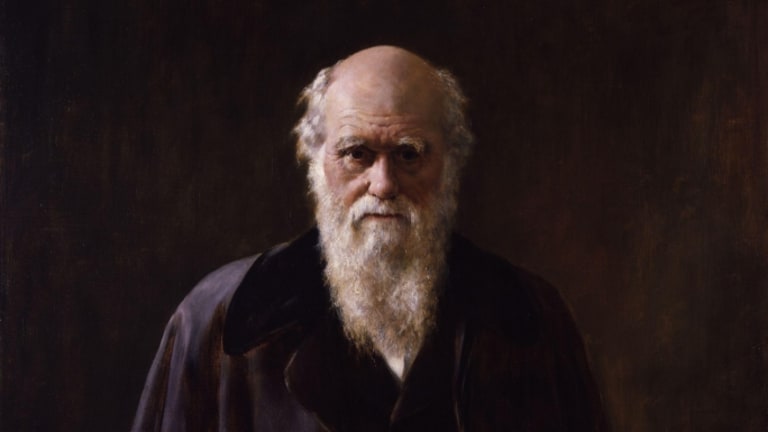Universal Darwinism, or universal selection theory, is a field of research that has been exploding in recent decades. It theorizes that natural selection, or ordinary survival of the fittest, explains far more than just the evolution of species in biology. In fact, many scientists are now discovering that Darwin’s theory of natural selection explains the preservation and evolution of all natural phenomena.
From subatomic particles to entire galaxies, all such systems interact, collide and even destroy one another. Competition, or what is now regarded as ‘survival of the fittest systems,’ is therefore at work among them.
For any such theory to hold true, the Darwinian mechanisms of reproduction, variation and selection must all be present. But with one minor adjustment–reducing reproduction to iteration in general–those in Universal Darwinism have found that all cyclical phenomena are naturally selected, not just species. In other words, genes, adaptations, species, groups, etc. aren’t the only things that are preserved, as all natural phenomena reiterate their cyclical activity due to their systematic nature in general. To put it another way, species aren’t the only things that perpetuate their cyclical activity generation after generation. In sum, all systems iterate their cyclical behavior; they vary; and those variants that are stable are naturally selected in return.
For these reasons and many others, Universal Darwinism is quickly becoming regarded as a new forefront in science. In short, the presence of each evolutionary device reveals that the exact same mechanisms responsible for Darwinian evolution in biology are ultimately responsible for the evolution of all natural phenomena. What can be inferred, then, is that selection doesn’t just explain the origin of species, as it explains the origin of all such systems in general.
What is Universal Darwinism?
